6. Cisco Pike (1972)
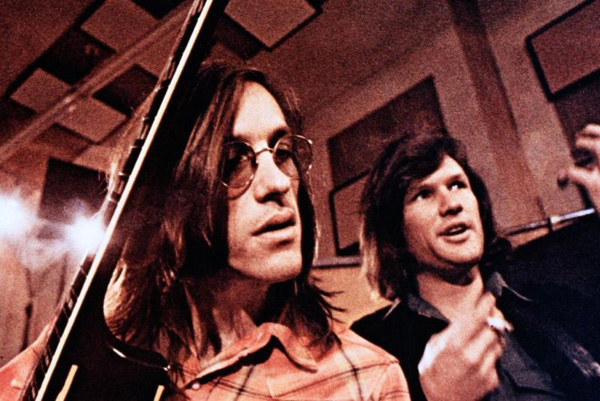
Struggling singer Cisco Pike (Kris Kristofferson) attempts to put his drug dealing past behind him after his recent arrest so that he may support his pregnant girlfriend. LADP detective Leo Holland (Gene Hackman) steals 100 kilos of marijuana from a Mexican drug dealing gang and attempts to intimidate Pike into selling the marijuana for him, despite Pike telling him he is trying to quit dealing. Holland gives him 59 hours to sell the drugs with the promise that he’ll alter his arrest record. The cast also features Karen Black as Pike’s pregnant girlfriend and Harry Dean Stanton as Jesse, Pike’s drug addicted band mate.
Cisco Pike, following the success of Easy Rider, depicts the ideals and counterculture of the 60s and early 70s. Released two years after filming ended, its initial reviews were negative and it was a deemed commercial failure. Kris Kristofferson however, emerge from the film as a breakout star and was praised for his acting chops, having been in Dennis Hopper’s film The Last Movie, in the same year. The film was released around the same time that the war on drugs was beginning to enter the American psyche and Life magazine disapproved of Hollywood’s drug use and its depictions of drug use on screen.
The film explores a gritty and realistic portrayal of the challenges met by individuals on the fringes of society. The raw, unflinching performances by Kristofferson, Hackman and Black bring a depth and authenticity to their characters. Under director Bill L. Norton’s direction, the film captures the atmosphere and mood at the start of the 70’s, putting a mirror up to the disenchantment and societal anxiety rife at the time.
7. Joe (1970)
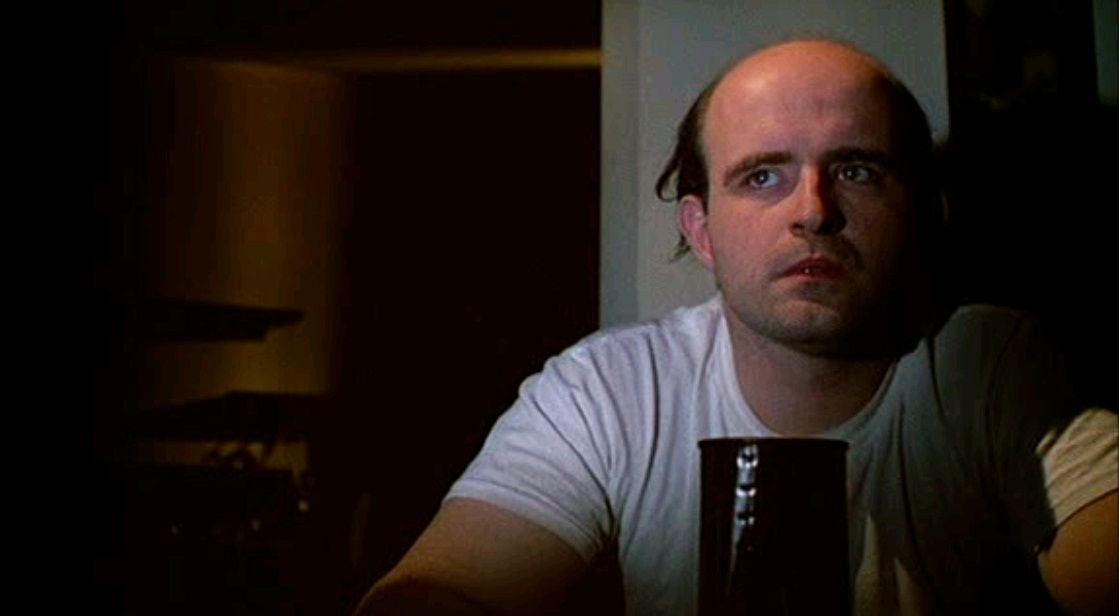
Peter Boyle stars as Joe, a far-right hippie-hating factory worker who forms a dangerous bond with wealthy advertising executive, Bill Compton (Dennis Patrick), after Compton reveals that he murdered his daughter’s drug dealing boyfriend after she overdosed at his house. Joe praises Compton for killing the hippie and offers to help Compton find his daughter (played by Susan Sarandon in her debut role) after learning she’s missing, hoping to kill some hippies himself. Penned by Norman Wexler, who also wrote Serpico, Saturday Night Fever and others, Joe saw Wexler receive the first of two Oscar Nominations for best original screenplay.
Joe, a sleeper hit, delves into the themes of alienation and the ideological clashes present in American culture in the late 60s and early 70s. Peter Boyle delivers a powerful performance as Joe, a man constantly simmering with anger and prejudice. His volatile nature and inner conflicts are what lead the film into its shockingly twisted and violent climax with a deeply sad ending.
Director John G. Avildsen, best known for his work in athletic comedy dramas such as Rocky and The Karate Kid, manages to capture the gritty realism of the working-class environment whilst examining the building tension between the two generations.
8. Night Moves (1975)
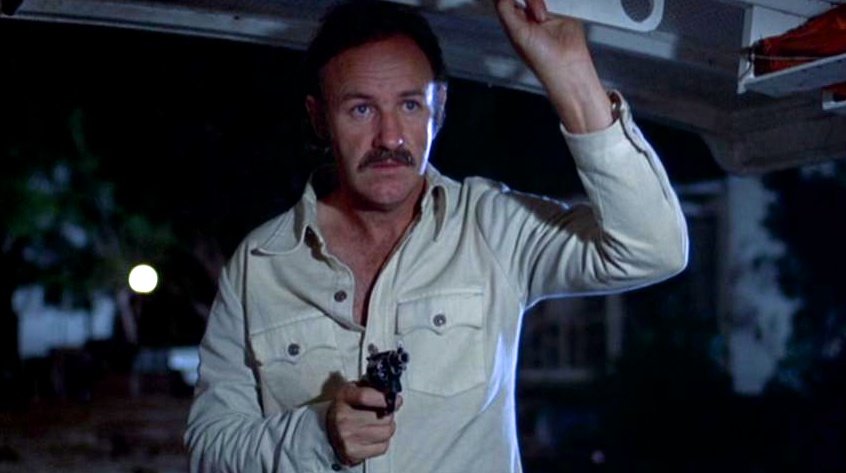
Los Angeles private investigator Harry Moseby (Gene Hackman) is hired by an ageing Hollywood actress to find her runaway teenage daughter (Melanie Griffith). Moseby travels to Florida to find her but stumbles upon a sinister conspiracy, unravelling a series of threatening events. The supporting cast includes Jennifer Warren, Susan Clark and James Woods.
Like many of the films features on this list, the film wasn’t particularly successful at the time of its release. However, hackman earned himself a BAFTA Award nomination for his role as Moseby. The script was penned by Scottish writer Alan Sharp and defies the traditional ‘noir’ genre conventions. It was directed by one of New Hollywood’s founding fathers, Arthur Penn. Although having gained critical success with films such as The Miracle Worker and The Chase, it wasn’t until Bonnie and Clyde that Penn was recognised as a true “director of the time” and leader in breaking down previous storytelling barriers.
Hackman delivers a nuanced and introspective performance, capturing the character’s flaws, weaknesses and world-weariness. The film exemplifies the kind of neo-noirs that came out of the 70’s, which moved away from the ‘tough guy detective’ who investigates with honour and valour. Moseby is an anxious, troubled man. A man with no honour unlike his predecessors of the 40s. Roger Ebert praised the film, giving it a full four stars and called it “one of the best psychological thrillers in a long time…”. The film has since become a prime example of a “seminal” modern noir of the 70s.
9. The Friends of Eddie Coyle (1973)
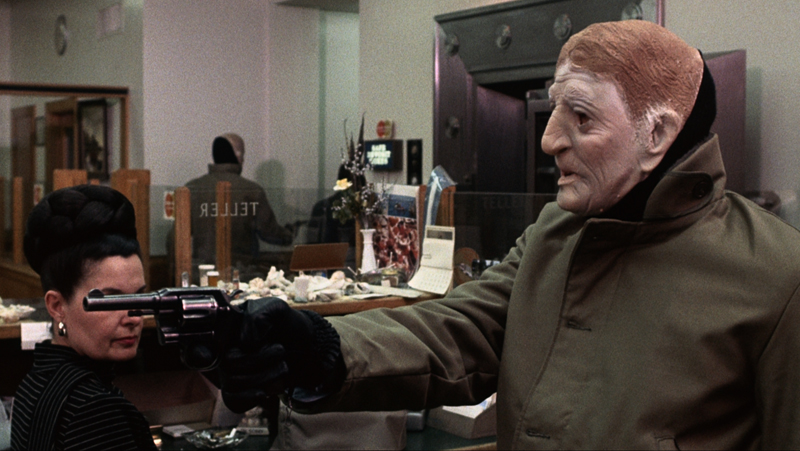
Low-level Boston gunrunner Eddie Coyle (Robert Mitchum) is looking at a length prison sentence for truck hijacking and begins to cooperate with ATF agent, Dave Foley (Richard Jordan) in order to get his sentence cleared. Foley is dissatisfied with Eddie’s offer to give up another gunrunner, Jackie Brown (Steven Keats). So instead offers to give up the gang of robbers that he’s been supplying with guns.
Adapted by Paul Monash form a George V. Higgin’s novel of the same name, the film was directed by Peter Yates. Although a success with the critics, the film was unpopular with film goers and failed to recoup its budget, despite being released twice, in 1973 and 1974. The title of the film is ironic, as it comes to be apparent that Eddie Coyle has in fact, no friends.
Robert Mitchum delivers a strong and at times melancholy performance as Eddie, a tough but weary middle-aged man. Roger Ebert that “Eddie Coyle is made for him [Robert Mitchum]”. Yates navigates through a realistic and unglamorous Boston, filled with characters who have a bitter view on life and no future. The dingy bars, parking lots and desolate parks paint a depressing picture of the criminal underworld, providing a candid and unglamourous view of its characters and their struggles. Never melodramatic, instead revealing the film’s true cynical bleakness.
10. Caliber 9 (Milano Calibro 9) (1972)
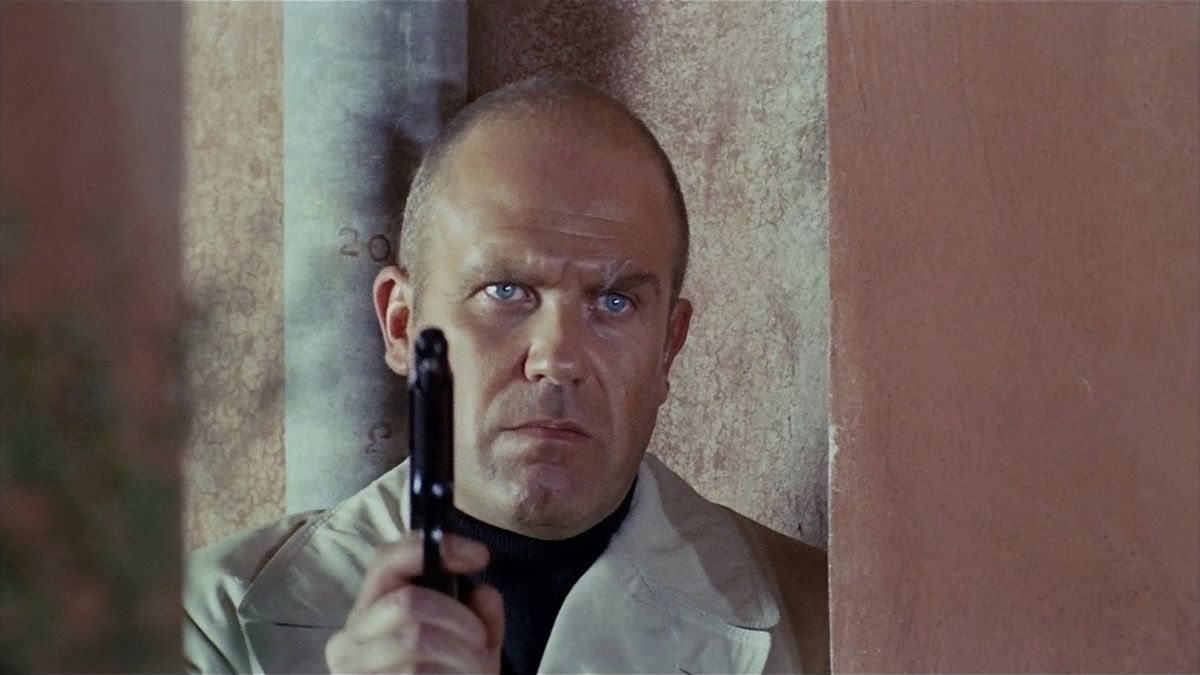
When small time Milanese gangster, Ugo Piazza (Gastone Moschin), is released from prison he’s forced to return to his violent lifestyle after being accused by police and old associates of stealing and hiding $300,000. The money in question belonged to a powerful American money launder, known only a “The Americano”. The film stars Mario Adorf, Barbara Bouchet and hard-boiled Hollywood legend Lionel Stander as “The Americano”.
The film is classed as a “Poliziotteschi” film, which is an Italian subgenre of crime and action films from the late 60’s through to the early 80’s. The term is derived from “polizia”, meaning police in Italian, and “esco” which means “esque”. The film was directed by Fernando Di Leo who had worked uncredited on various spaghetti westerns such as A Fistful of Dollars, For a Few Dollars More, Django and others.
Caliber 9 perfectly depicts the anxious paranoia of 70’s Milan where violence owned the streets, whether it was terrorists, mafia or the police. Uncertanty ruled. The character of Ugo walks the film alone, relying only on himself and turning down offers to cooperate with police and criminals alike. Like Italy’s previous take on a classic genre, the Spaghetti-Western, this Poliziotteschi film does not hold back on its violence. The film is packed full of exciting set pieces like birthday package bombs, bowling alley assassinations and backyard party shootouts. It’s clear to see how this film has influenced filmmakers like Quentin Tarantino and John Woo.